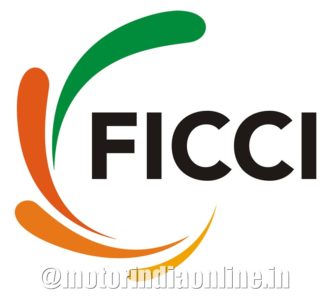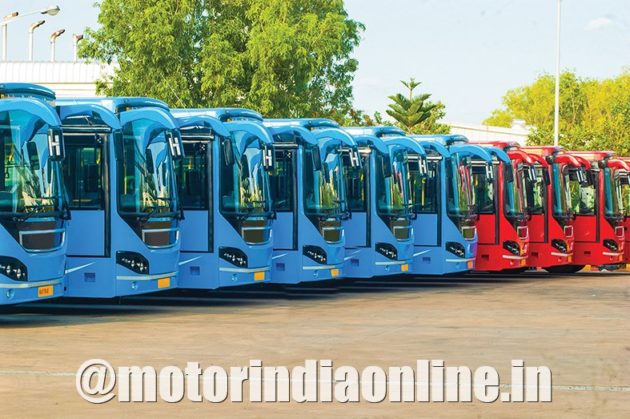The Federation of Indian Chambers of Commerce and Industry (FICCI) organized a webinar on ‘Business Continuity Plan for Efficient Public Transportation and Path to Recovery Post COVID-19’ during the first week of June. The webinar saw participation from Vaibhav Dange, Advisor, NHAI, Ministry of Road Transport and Highways, along with a host of eminent personalities from the public transport sector.

Among the many messages conveyed by Vaibhav Dange, one of the most important ones was that State Transport Undertakings (STUs) will have to adopt innovative operative models to improve financial health. Dange said, “STUs across the states will have to look at their financial health from a different perspective. They need to have more innovative operating models like cluster operations, leasing of buses instead of purchasing them.”
He also urged the STUs to use their assets more effectively to monetize their financial health. “Ministry has advised STUs to monetize their assets to increase their financial independence through bus stations and other assets. The Ministry is open to support STUs to come-up with inventive solutions to monetize these assets,” added Dange.
C Shikha, Managing Director, Bengaluru Metropolitan Transport Corporation (BMTC), said that increasing safety awareness and implementation of protocols are imperative to gain passenger confidence. “We have a very swift SOP which we follow, and we are working towards increasing public awareness. Digital ticketing with QR codes will be made compulsory by next week. As of now we have 50 percent of buses operating on this model,” she said.
Dr. Raj Shekhar, Managing Director, Uttar Pradesh State Road Transport Corporation (UPSRTC), while highlighting the aspects to regain passenger confidence, said, “We can’t neglect the necessary safety provisions and are ensuring the same for the commuters. He added that there is a need to take a holistic approach on opening of intermodal transportation as it will play a crucial role in increasing ridership levels.
Palash Roy Chowdhury, Co-Chairman, FICCI Taskforce on Future of Mobility and CMD, SmartE said, “We must follow a 3-step procedure for building commuter confidence like cashless transaction, thermal scanners and the use of Aarogya Setu Aap.” He said that electric vehicle technology across public transport infrastructure must be adopted.
“Witnessing the positive impact on environment due to lockdown, the government could consider promoting the usage of locally manufactured electric vehicles in public transportation segment,” added Chowdhury.
Prasanna Patwardhan, President, Bus and Car Operators Confederation on India (BOCI) and CMD, Prasanna Purple Mobility Solutions, highlighted the various issues being faced by the private bus operators due to the COVID-19 crisis and urged the government to kindly consider financial stimulus to support the industry.

Nishant Arya, Executive Director, JBM Group and Chairman, Linde Wiemann Gmbh, said that technology will play a crucial role in ensuring public safety while travelling in public transportation. “OEMs, operators and STUs should work together in building a safe, green and efficient public transportation ecosystem.
Rupa Nandy, Head, UITP, said that the measures taken towards transportation across the world are different, but technology has played the most important part in making the process touchless.
The webinar was moderated by Jagannarayan Padmanabhan, Practice Leader and Director – Transport and Logistics, CRISIL Infrastructure Advisory and was well attended by key stakeholders from the industry.